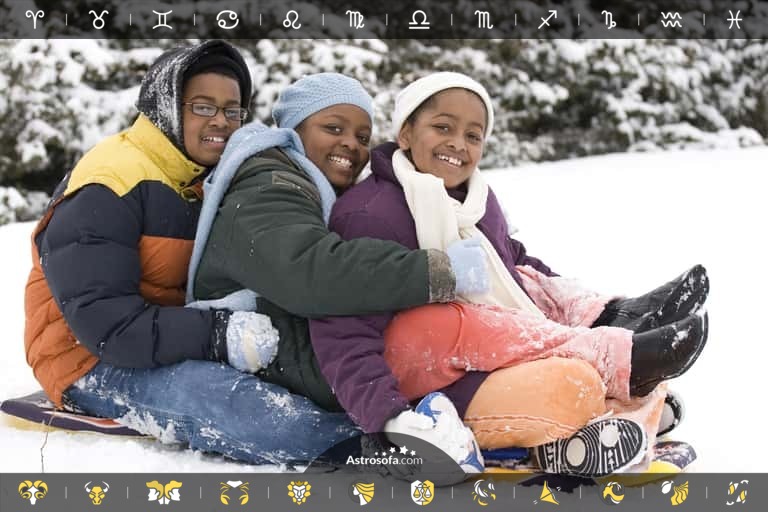
Birthday
Isaac Asimov
Isaac Asimov was born on 2 January 1920 in Petrovich, Russia, and is one of the most famous science fiction authors. He emigrated to the USA, where he became an author, biochemist, and professor of biochemistry. Asimov is best known for his works in science fiction, fantasy, and non-fiction. He is considered one of the most prolific and influential authors in science fiction and has received numerous awards for his works. Asimov died at the age of 72 on 6 April 1992.
Some of Isaac Asimov's most famous and important works are:
- The Robot Series : This series includes several novels and short stories in which Asimov presents his "Three Laws of Robotics" and explores the relationships between humans and robots in the future.
- The Foundation Trilogy : This three-part series is about a group of scientists who try to shape the future of human civilization by establishing a "foundation." The trilogy is considered a milestone of science fiction literature and has brought Asimov international fame.
Saint's day
Weather Proverb

Birthday: Capricorn
Chinese zodiac sign:
羊 Water Goat
7,421 days ago (20 years, 3 months, 25 days)
Daily aspects

This transit increases your sense of responsibility and organizational talent. You will be able to pursue your goals with care and deliberation. It's a good time to get together with women in groups, and discuss important issues.

This aspect brings you overall happiness, life success, health, well-being, vitality, harmony with parents and family, and there will be pleasant interactions between you and your partner. If single, it is a good time to go out on dates.

This transit can cause a dreamy disposition, passive attitude, tendency to self-deception, imbalance, hypersensitivity, weakened instinctual life, and nervous disorders. You could also get lost in wishful thinking. Try not watch horror movies during this time, as it may disturb you, and could lead to vivid nightmares.

This is a not a good time to bond with others emotionally. You may have arguments with your mother, or motherly figure, as well as other females. If you are creative, you may paint objects, portraits, or landscapes, only to be disappointed in what you have made and destroy it afterwards. If you are female, you may experience period cramps and excessive PMS irritability and aggression.

This is a very favorable transit. It can bring you social success, as well as financial opportunities. You have a positive vibe and outlook on life, are sincere, and enjoy popularity. You can carry out philanthropic activities with ease. You are attractive, optimistic and have artistic interests. It's a great time for going out on dates and meeting your future spouse!
Current timezone: Europe/Dublin (UTC +01:00). change timezone
Calendar
Please choose a day:


